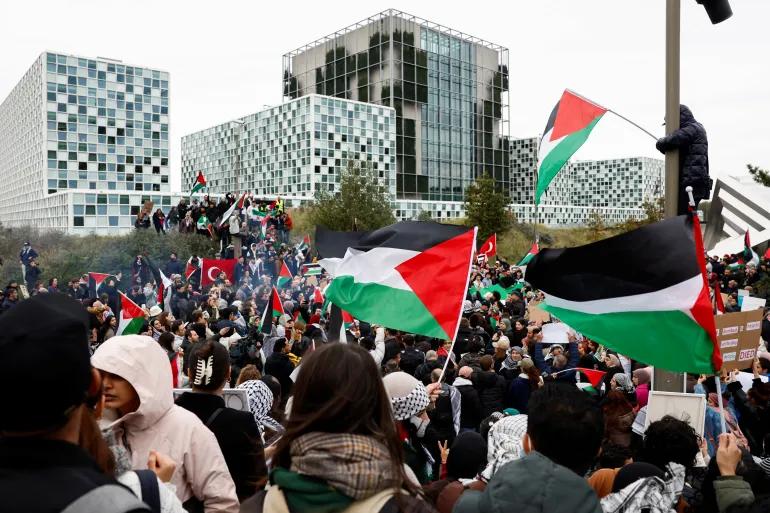ICC Faces Crisis of Credibility Amid Gaza War Crimes Investigation Delays
13 October 2024 - 16:09

In May 2024, ICC Prosecutor Karim Khan formally requested arrest warrants for Netanyahu, Gallant, and three Hamas leaders, citing their direct responsibility for war crimes in Gaza. However, nearly five months later, the ICC has yet to make a decision, despite the ongoing violence and the mounting evidence of atrocities.
The ICC, established under the Rome Statute in 2002, was designed to be a permanent international tribunal to prosecute the world’s most serious crimes, including genocide, war crimes, and crimes against humanity. Initially hailed as a landmark institution for global justice, the ICC’s reputation has since been tarnished by allegations of bias and inefficiency.
The court has been heavily criticized for its perceived focus on Africa, as all 46 individuals prosecuted during its first two decades were from the continent. The ICC broke this pattern in 2023 when it issued an arrest warrant for Russian President Vladimir Putin for the illegal deportation of Ukrainian children—a move that was seen as a bold step toward a more balanced approach. However, its failure to act on Israel’s alleged crimes is reigniting skepticism about its neutrality and ability to challenge powerful states.
The ICC's investigation into Gaza came after a 2018 referral from the State of Palestine, but it took five years for the court to officially begin its investigation. The delay in issuing warrants for Israeli leaders, while evidence continues to pile up, has drawn widespread condemnation from human rights organizations and legal experts, who accuse the court of bowing to political pressure from Israel’s powerful allies.
Former ICC Prosecutor Fatou Bensouda reportedly faced threats from Mossad, Israel’s intelligence agency, during her investigation of earlier Israeli war crimes. It is speculated that current Prosecutor Karim Khan and other court officials are facing similar pressures, raising concerns about the court’s ability to operate independently in such high-profile cases.
With the credibility of the court hanging in the balance, the decision to issue arrest warrants now lies with the ICC’s pre-trial chamber judges. Many see this moment as a defining test for the ICC’s future. A failure to act decisively could further weaken its legitimacy as an impartial global justice institution, with potentially dire consequences for international law.
The ICC’s ability to hold all parties accountable for war crimes, regardless of their geopolitical influence, is critical to its survival as a legitimate international body. Its handling of the Gaza case could either restore or irreparably damage its reputation, as the world waits for justice to be served.
What’s Happening: The ICC has yet to issue arrest warrants for Netanyahu and Gallant, despite evidence of war crimes in Gaza.
Why It Matters: The court’s delay is raising questions about its independence and credibility.
What’s Next: ICC judges must decide whether to issue the warrants, a decision that could define the future of the court.

